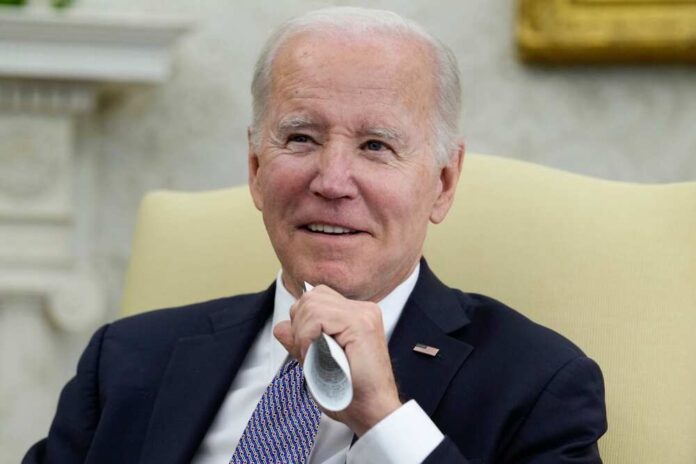
The issue of paying reparations to individuals based on the suffering of their ancestors has attracted renewed attention in recent years as some far-left U.S. politicians push absurdly expensive programs that would deliver multimillion-dollar payments to citizens based on the color of their skin.
Eric McDonnell, who helped arrive at one such proposal in San Francisco, California, even seemed to acknowledge that fiscal feasibility was not a factor.
Marr, the last smart Democrat, RIPS San Francisco’s Reparations plan of $5M each, clearing of debt, annual $97K for 250yrs
MARR: “Why talk against the Woke CRAZINESS? Because it’s crazy—SF doesn’t have a history of slavery. It would cost every citizen $600K. It’s MADNESS.” pic.twitter.com/0eFgCbxyYK
— LionHearted (@LionHearted76) March 20, 2023
“There wasn’t a math formula,” he said. “It was a journey for the committee toward what could represent a significant enough investment in families to put them on this path to economic well-being, growth, and vitality that chattel slavery and all the policies that flowed from it destroyed.”
The issue of reparations is not limited to America, however, as President Joe Biden’s pick to represent the U.S. on the United Nations Permanent Forum on People of African Descent recently made clear.
Justin Hansford, who was previously a law professor at Howard University, called on the U.N. panel to establish a “new bar association” tasked with initiating “the process of apology and reparation.”
He has a long history of supporting reparations, as evidenced in his remarks earlier this year.
“If you’re going to try to say you’re sorry, you have to speak in the language that people understand, and money is that language,” Hansford declared in March.
Last week, he justified his latest push by pointing to the United Nations’ track record of endorsing reparation payments by governments that had violated human rights.
“That includes monetary compensation proportionate to the gravity of the harms done to our people … and the ending of cultural genocide,” Hansford said, going on to compare locking up criminals in the United States to “the continuation of slavery.”
As for his motivation to establish a new group of scholars to consider the issue within the U.N., he took an opportunity to degenerate White people.
Complaining that “White scholars” and “White lawyers” had played a role in debating reparations in the past, Hansford insisted that the “new bar association” he envisioned would “come together and demand that many of the states in this room that have benefited from the legacy of our oppression start the process of apology and reparation, but not on their terms but on our terms.”














